
Ngardmau: The Hidden Gem of Palau
Nestled in the northwest corner of Babeldaob Island, Ngardmau is an enchanting village in Palau. It is famed for its lush landscapes, captivating waterfalls, and rich cultural heritage. Ngardmau is a haven for eco-tourists and adventure seekers alike, offering a serene escape from the hustle and bustle of everyday life. One of the must-see attractions in Ngardmau is the Ngardmau Waterfall. This stunning natural wonder is the tallest waterfall in Palau, and the hike to reach it is an adventure in itself. As you trek through the dense jungle, you will be greeted by diverse flora and fauna, making the journey as rewarding as the destination. Ngardmau is also home to historical sites like the Badrulchau Stone Monoliths. These ancient stone structures provide a glimpse into Palau's mysterious past and are considered one of the most significant archaeological sites in the region. The village is rich in oral traditions, and local guides can share fascinating stories and legends that have been passed down through generations. For those who love the ocean, Ngardmau offers pristine beaches and crystal-clear waters. The nearby coral reefs are perfect for snorkeling and diving, revealing a vibrant underwater world teeming with marine life. Whether you're exploring the land or the sea, Ngardmau promises an unforgettable experience for every traveler.
Local tips in Ngardmau
- Bring sturdy hiking shoes for the trek to Ngardmau Waterfall. The path can be slippery and uneven.
- Hire a local guide to learn about the history and legends of the Badrulchau Stone Monoliths.
- Pack a waterproof camera to capture the stunning underwater scenery while snorkeling or diving.
- Carry insect repellent, especially for the jungle hike to the waterfall.
- Visit the village during traditional festivals to experience Palauan culture up close.
Ngardmau: The Hidden Gem of Palau
Nestled in the northwest corner of Babeldaob Island, Ngardmau is an enchanting village in Palau. It is famed for its lush landscapes, captivating waterfalls, and rich cultural heritage. Ngardmau is a haven for eco-tourists and adventure seekers alike, offering a serene escape from the hustle and bustle of everyday life. One of the must-see attractions in Ngardmau is the Ngardmau Waterfall. This stunning natural wonder is the tallest waterfall in Palau, and the hike to reach it is an adventure in itself. As you trek through the dense jungle, you will be greeted by diverse flora and fauna, making the journey as rewarding as the destination. Ngardmau is also home to historical sites like the Badrulchau Stone Monoliths. These ancient stone structures provide a glimpse into Palau's mysterious past and are considered one of the most significant archaeological sites in the region. The village is rich in oral traditions, and local guides can share fascinating stories and legends that have been passed down through generations. For those who love the ocean, Ngardmau offers pristine beaches and crystal-clear waters. The nearby coral reefs are perfect for snorkeling and diving, revealing a vibrant underwater world teeming with marine life. Whether you're exploring the land or the sea, Ngardmau promises an unforgettable experience for every traveler.
When is the best time to go to Ngardmau?
Iconic landmarks you can’t miss
Belau National Museum
Explore the Belau National Museum in Koror, a cultural treasure trove showcasing Palau's rich heritage and natural history.
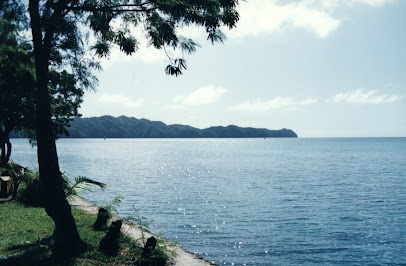
Ngardmau Waterfalls
Explore the stunning Ngardmau Waterfalls in Ngiwal, Palau - a breathtaking natural wonder surrounded by lush landscapes and tranquil pools.
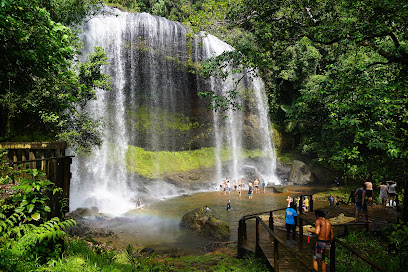
Japan-Palau Friendship Bridge
Discover the stunning Japan-Palau Friendship Bridge, a symbol of unity and breathtaking views, perfect for photography and leisure in Palau.
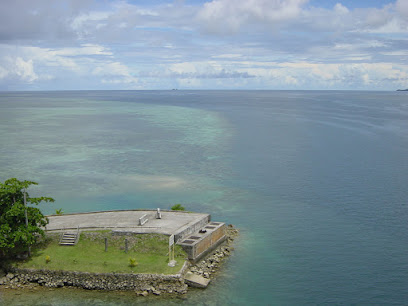
Dolphins Pacific
Discover the enchanting world of marine life and experience unforgettable dolphin encounters at Dolphins Pacific in Koror, Palau.
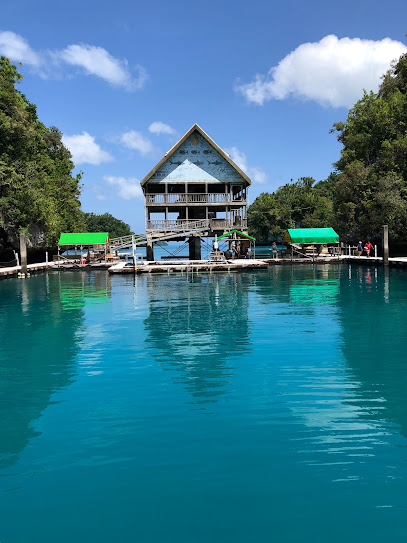
Palau Aquarium
Explore the vibrant marine life at Palau Aquarium, showcasing the unique underwater ecosystem of Palau through interactive exhibits and conservation efforts.
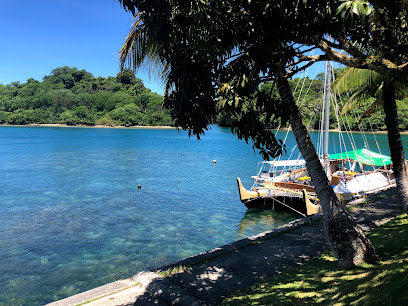
Badrulchau Stone Monoliths
Explore the Badrulchau Stone Monoliths, where history and nature converge in the heart of Palau's stunning landscapes.
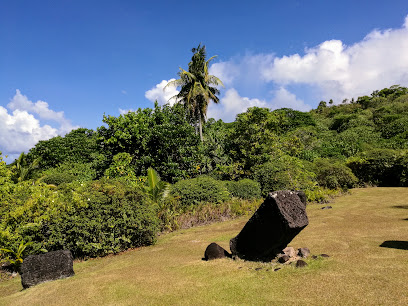
Palau National Capital
Discover the governance and culture of Palau at the National Capital in beautiful Melekeok, a blend of modernity and nature.
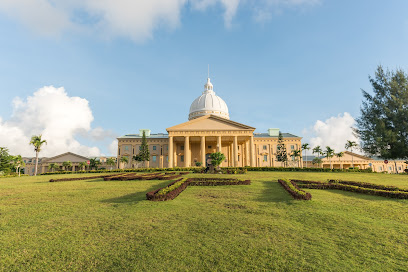
Ngardmau Waterfalls Ticket, Parking Lot
Explore the breathtaking Ngardmau Waterfalls in Palau, a natural wonder surrounded by lush flora and stunning landscapes, perfect for nature enthusiasts and photographers.
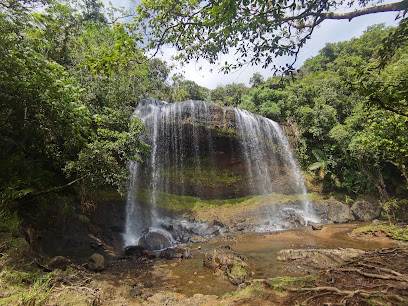
World War II Japanese Communications Center
Discover the rich history of the Pacific at the World War II Japanese Communications Center in Airai, Palau – a must-see for history lovers.
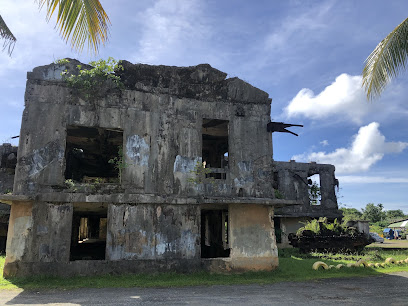
Airai Bai
Explore Airai Bai – a stunning tourist attraction in Palau known for its breathtaking landscapes, vibrant marine life, and rich cultural heritage.
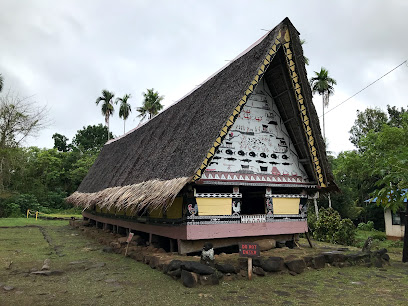
Chandelier Cave
Discover the mesmerizing beauty of Chandelier Cave in Palau, a hidden gem filled with stunning limestone formations and crystal-clear waters.
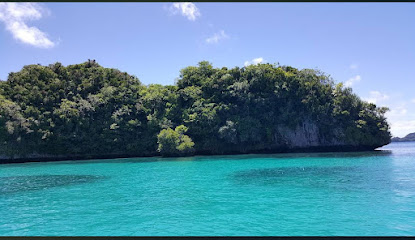
Ucheliungs
Explore Ucheliungs, a stunning tourist attraction in Koror, Palau, offering breathtaking landscapes and a serene escape into nature's beauty.
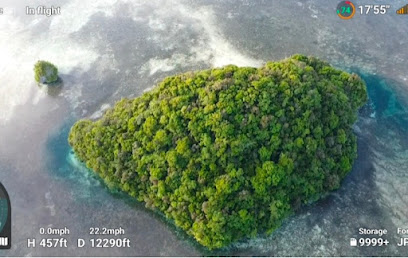
Odalmelech Historic Site
Discover the rich heritage of Palau at the Odalmelech Historic Site, a cultural landmark that showcases the island's ancient history and traditions amidst stunning landscapes.

Unmissable attractions to see
Milky Way
Explore the mesmerizing Milky Way in Koror, Palau, a serene haven of natural beauty, adventure, and unforgettable experiences.
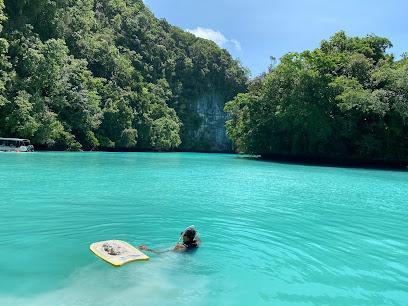
Belau National Museum
Explore the rich cultural history and natural beauty of Palau at the Belau National Museum, a must-visit for every traveler.
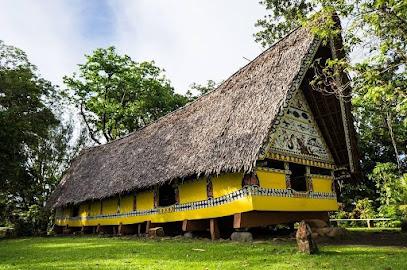
Long Island Park
Experience the natural beauty and tranquility of Long Island Park, your serene escape in Koror, Palau, perfect for relaxation and exploration.
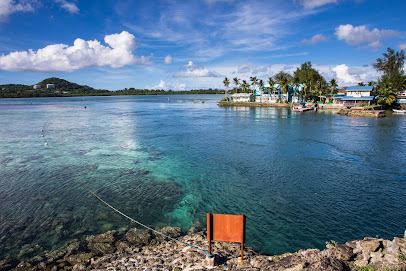
Island Paradise Resort Club
Experience island luxury at Island Paradise Resort Club in Koror, Palau, where stunning views and adventure await every traveler.
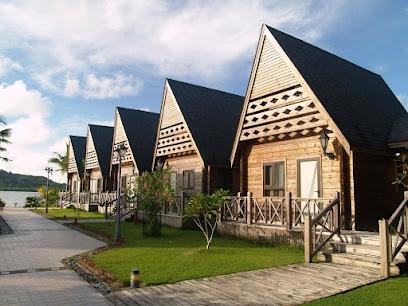
Etpison Museum
Explore the vibrant heritage and natural wonders of Palau at the Etpison Museum, a cultural hub in Koror showcasing the island's rich history.
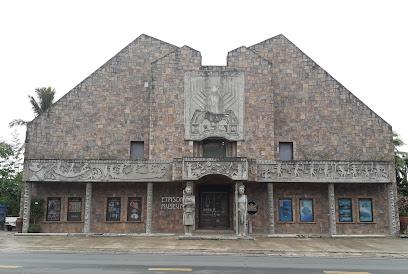
Ngermeaus Island Park
Discover the tranquility of Ngermeaus Island Park, a stunning natural retreat in Palau with lush landscapes and vibrant marine life for unforgettable adventures.
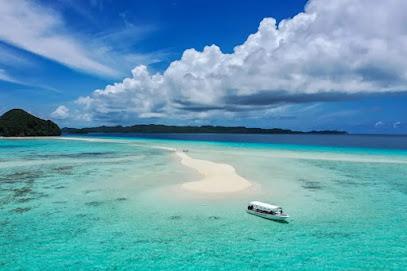
Neco Marine Palau
Explore the vibrant underwater world of Palau with Neco Marine – your gateway to diving, fishing, and unforgettable marine adventures.
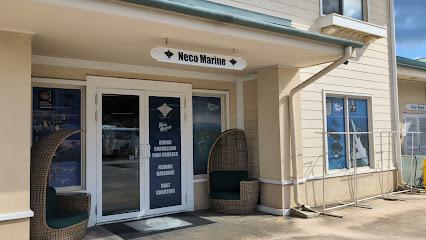
The Rock Islands
Explore the breathtaking Rock Islands of Palau, a UNESCO World Heritage Site with stunning landscapes and vibrant marine life.
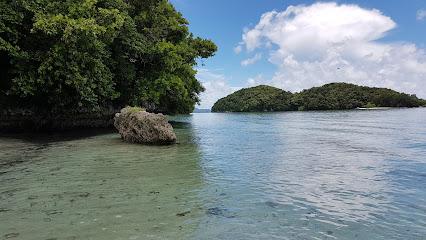
Chandelier Cave
Discover the breathtaking beauty of Chandelier Cave in Palau, a stunning natural wonder with unique rock formations and vibrant marine life.
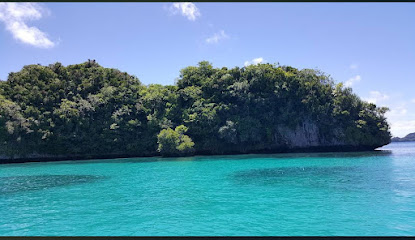
MESEKELAT WATERFALLS
Experience the enchanting beauty of Mesekelat Waterfalls in Ngchesar, Palau—a stunning natural attraction perfect for exploration and relaxation.
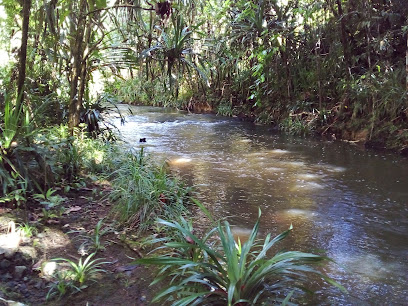
Fishing spot
Explore a stunning fishing spot in Meyungs, Koror, offering tranquility, rich marine life, and breathtaking sunset views.

Olsebokel Kedam
Discover the tranquil beauty of Olsebokel Kedam in Ngaraard, Palau – a serene escape into nature and culture.
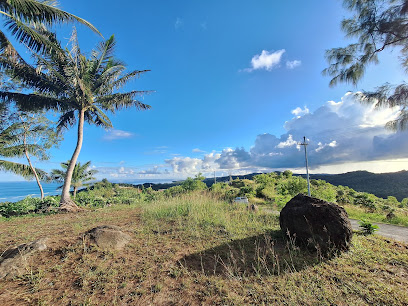
アイメリークの港
Experience the natural beauty of the Arch of Palau, a stunning tourist attraction in Ngerkeai, where rock formations meet crystal-clear waters.
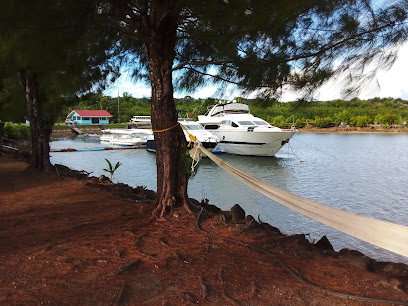
Essential places to dine
Drop Off Bar and Grill
Experience delightful flavors at Drop Off Bar and Grill in Koror - where local cuisine meets tropical vibes.
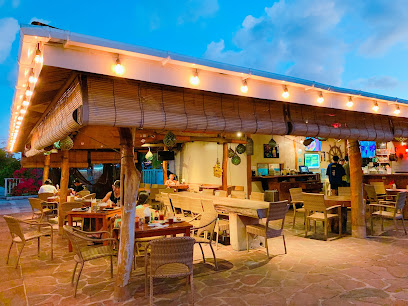
The Taj
Discover authentic Indian flavors at The Taj in Koror, Palau - where every dish tells a story.
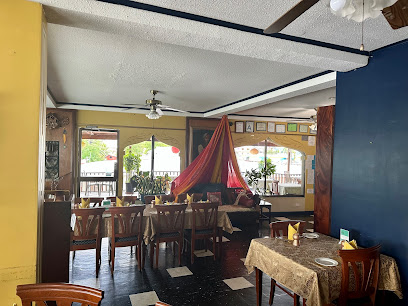
Elilai Seaside Dining
Discover exquisite fine dining at Elilai Seaside Dining in Koror, where stunning ocean views meet exceptional culinary delights.
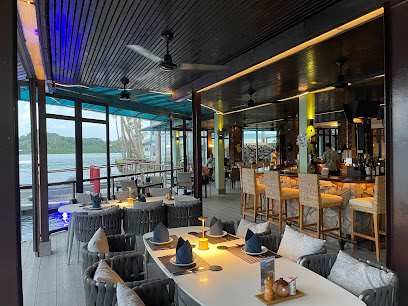
Tori Tori
Experience authentic Japanese cuisine at Tori Tori in Koror – where every dish tells a story and every meal is memorable.
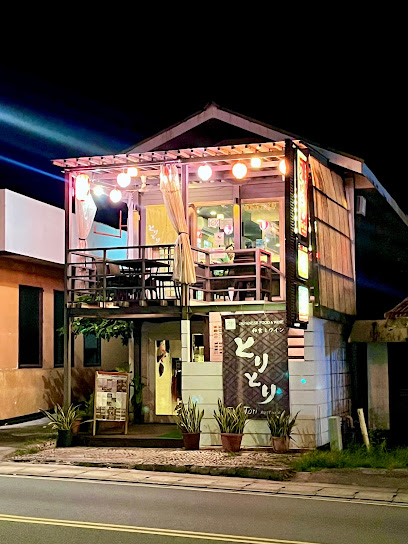
The Canoe House
Experience the vibrant flavors and lively atmosphere at The Canoe House - Koror's premier dining and entertainment destination.
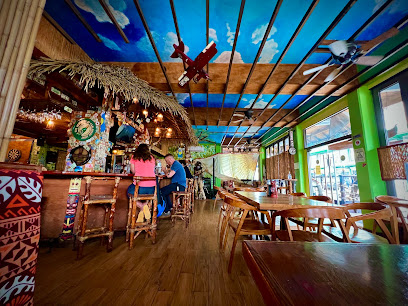
Rock Island Cafe
Discover local cuisine at Rock Island Cafe in Koror - where every meal is a celebration of Palauan flavors amidst stunning surroundings.
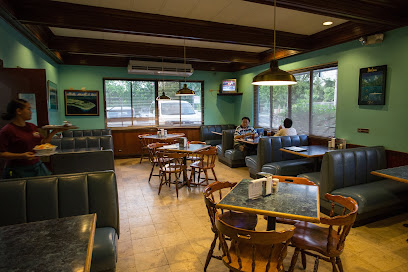
Coffee Berry
Experience authentic Palauan flavors at Coffee Berry, where delicious country food meets aromatic coffee in a cozy setting.
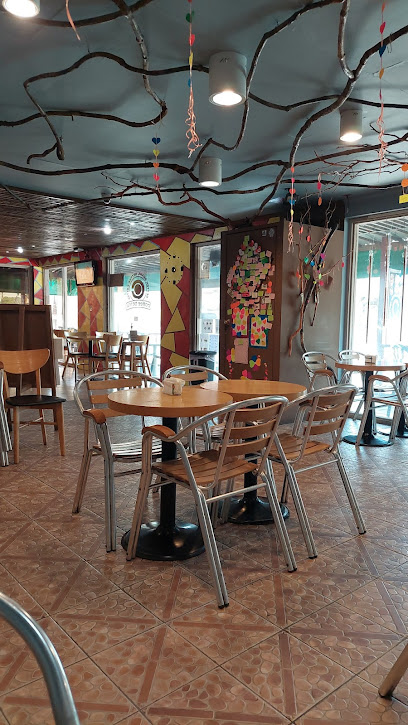
Palm Bay Bistro
Discover the flavors of Asia at Palm Bay Bistro - where culinary excellence meets breathtaking views in Koror.
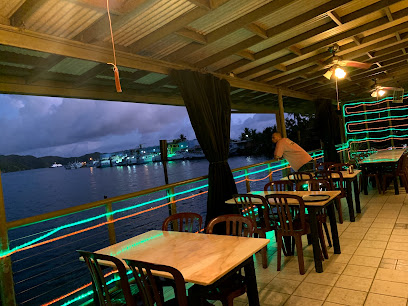
Suriyothai
Experience authentic Thai cuisine at Suriyothai in Koror – where every dish tells a story of flavor and tradition.
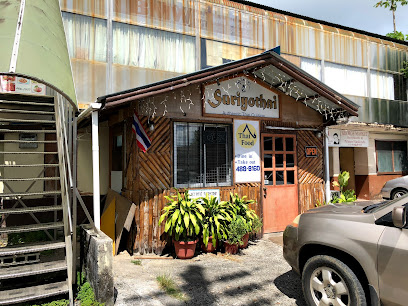
Carp Restaurant
Experience authentic Palauan cuisine at Carp Restaurant in Koror - where delightful flavors meet affordable dining.
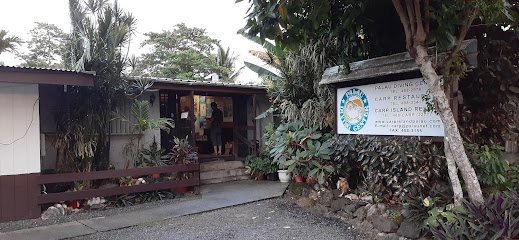
7 Eat Restaurant
Discover exquisite local and international cuisine at 7 Eat Restaurant in Koror, Palau - a culinary delight amidst paradise.
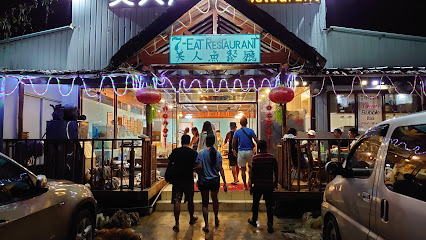
Palau Umi Korean and Japanese Cuisine
Discover exquisite Korean and Japanese cuisine at Palau Umi in Koror - a culinary delight blending tradition with local flavors.
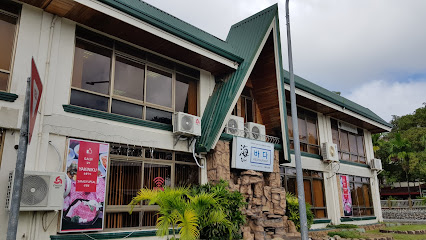
Okemii Deli & Internet Cafe
Experience authentic Palauan flavors at Okemii Deli & Internet Cafe - where good food meets great company.
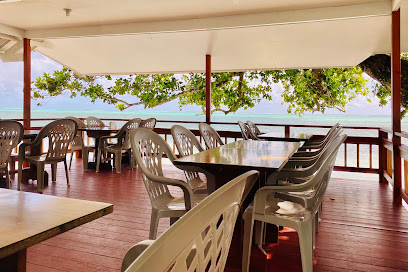
Red Rooster Cafe
Experience delicious local cuisine at Red Rooster Cafe in Koror, Palau - a must-visit destination for food lovers!
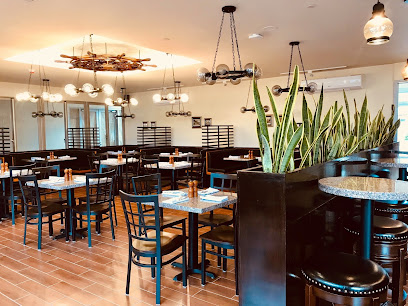
King Palace
Experience delightful local flavors at King Palace - a culinary gem in Koror, Palau offering exceptional service and vibrant atmosphere.
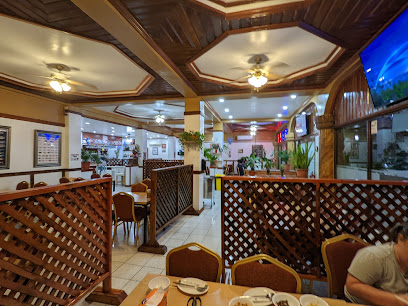
Markets, malls and hidden boutiques
Surangel and Sons Co. - Koror
Explore Surangel and Sons Co. in Koror, Palau - Your one-stop shopping destination for unique crafts and international brands.
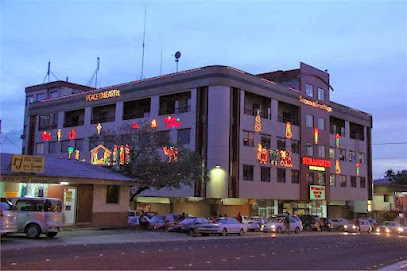
Rur Gift Shop & Cafe
Explore the vibrant culture of Palau at Rur Gift Shop & Cafe, where unique souvenirs and delightful treats await every traveler.
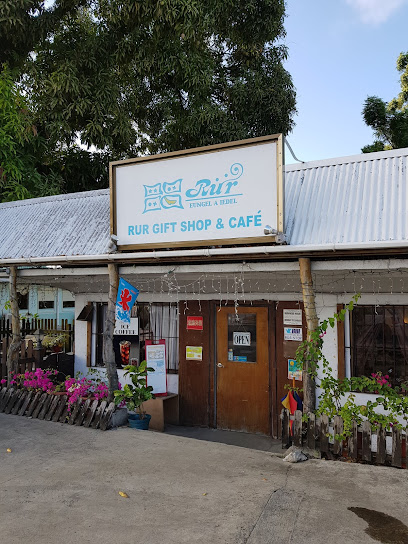
Ben Franklin Department Store
Discover a vibrant shopping experience at Ben Franklin Department Store, offering local crafts, clothing, and everyday essentials in Koror, Palau.
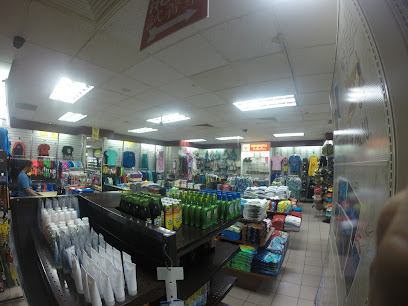
EXILE
Discover unique fashion and local culture at EXILE, a premier clothing store in Koror, Palau, perfect for tourists seeking style and souvenirs.
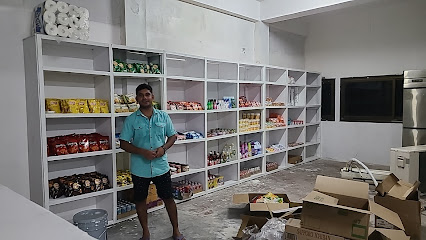
Amel Store
Explore local flavors at Amel Store, a charming grocery store in Ngerulmud, offering fresh produce and traditional Palauan snacks for all visitors.
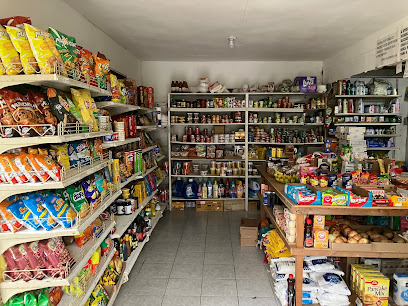
Wilson's Store
Explore the flavors of Palau at Wilson's Store, a local grocery store in Ngermid offering fresh produce, local delicacies, and imported goods.
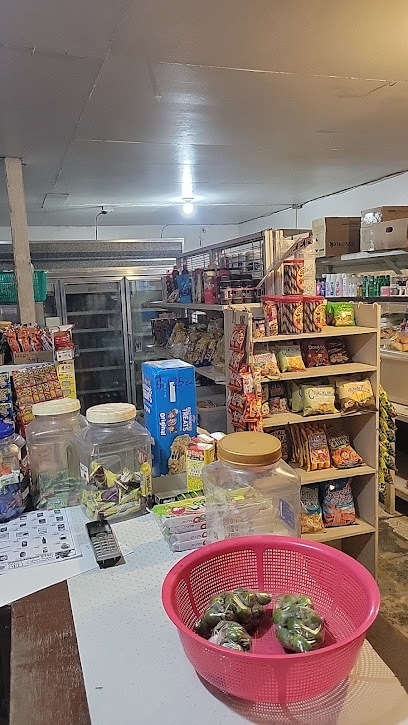
Lius Gift Shop
Explore the vibrant Lius Gift Shop in Koror, Palau, your go-to destination for unique souvenirs, local snacks, and trendy fashion accessories.
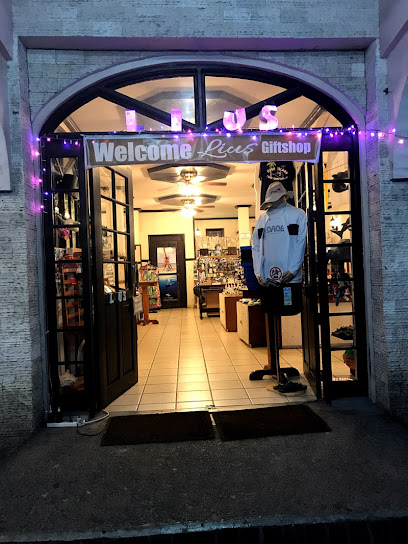
E&A Store
Discover the best of Palauan shopping at E&A Store in Melekeok, where local culture meets international brands in a welcoming atmosphere.
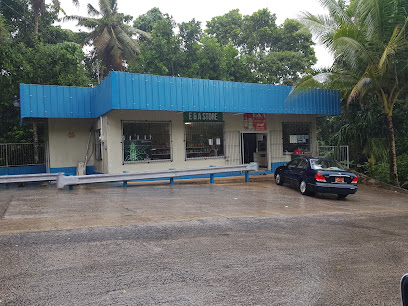
Palau Central Trading Co.
Discover the essence of Palauan culture at Palau Central Trading Co., your ultimate destination for unique gifts, art, and local gourmet delights.
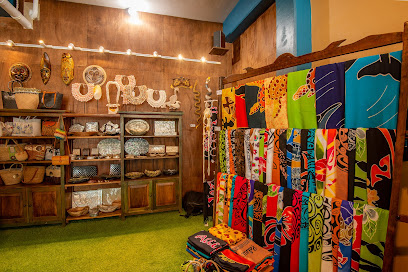
Long Beach
Explore Long Beach in Palau - your go-to convenience store for essential travel supplies, delicious deli snacks, and friendly service.
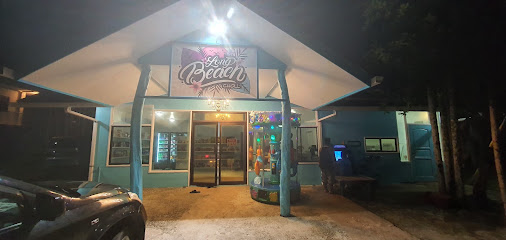
WEST DESEKEL MART
Discover the heart of local shopping at West Desekel Mart, Koror's favorite grocery store for tourists and residents alike.
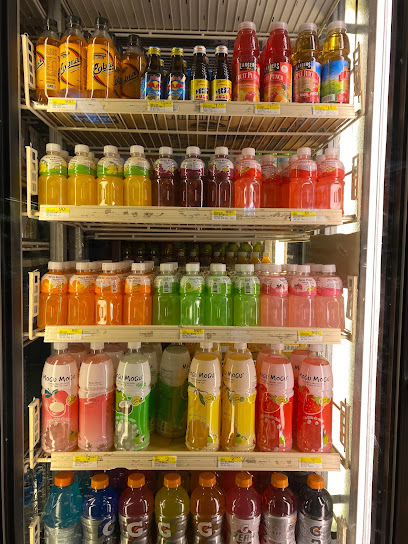
Kwik Mart
Discover local flavors and essentials at Kwik Mart, your convenient grocery store in the heart of Koror, Palau.
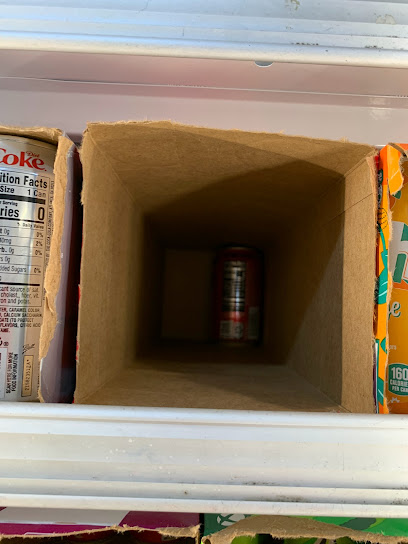
Jello's Fashion II
Discover local treats and essentials at Jello's Fashion II, the convenience store that offers a taste of Palau in the heart of Koror.
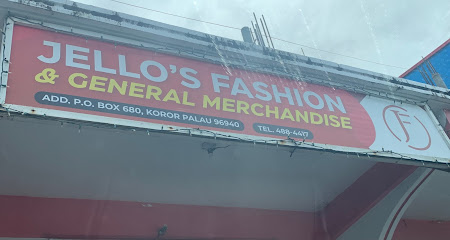
Bengall Market
Discover the heart of Palauan culture at Bengall Market, where vibrant stalls showcase local crafts, fresh produce, and delicious traditional cuisine.

Capital Seaside Store
Discover the charm of local shopping at Capital Seaside Store in Melekeok, Palau, where unique souvenirs and coastal views await.
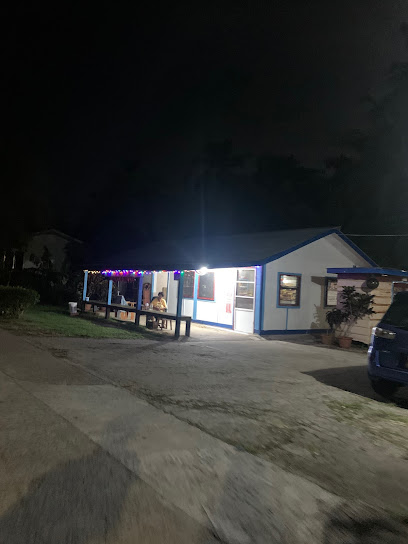
Essential bars & hidden hideouts
Drop Off Bar and Grill
Experience the vibrant flavors and stunning ocean views at Drop Off Bar and Grill, a must-visit seaside restaurant in Koror, Palau.
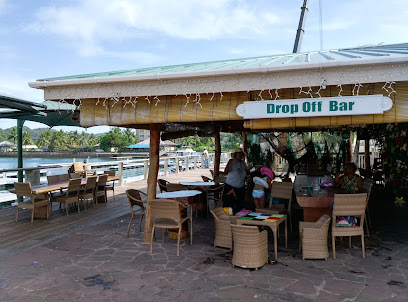
The Canoe House
Discover The Canoe House in Koror, Palau – where delectable cuisine meets vibrant nightlife in a lively atmosphere.
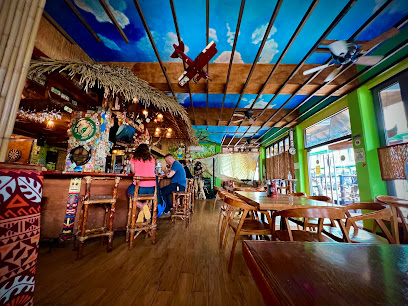
Red Rooster Cafe
Discover the flavors of Palau at Red Rooster Cafe, a local favorite in Koror, serving delicious meals in a charming setting.
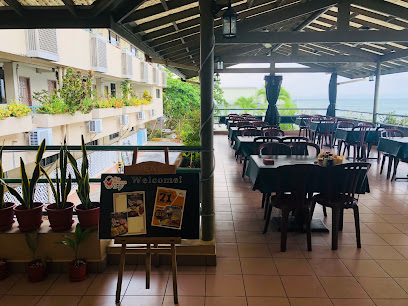
Krämer’s Bar and Restaurant
Discover the flavors of Palau at Krämer’s Bar and Restaurant, where local ingredients and culinary creativity meet in a delightful dining experience.
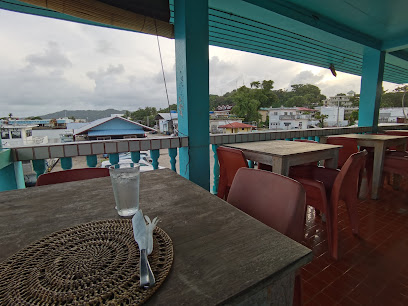
Riptide Beach Bar & Grill
Discover the vibrant flavors and stunning ocean views at Riptide Beach Bar & Grill, a perfect dining spot for tourists in Koror, Palau.
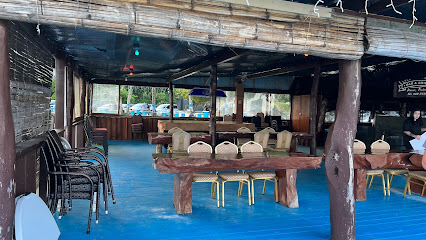
Barracuda Restaurant
Experience the vibrant flavors of Palau at Barracuda Restaurant, where tropical cuisine meets stunning ocean views in a lively atmosphere.
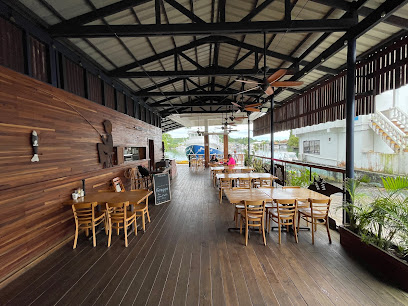
Hungry Marlin Restaurant & Bar at COVE Resort Palau
Experience the flavors of Palau at Hungry Marlin Restaurant & Bar with fresh seafood and stunning ocean views in a vibrant atmosphere.
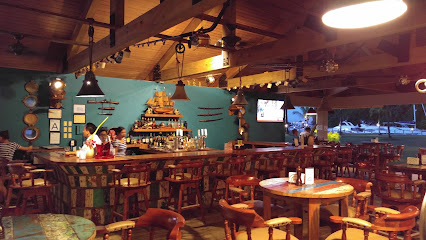
The Salad Bar
Enjoy fresh, healthy meals at The Salad Bar in Koror, where nutritious dining meets a vibrant atmosphere.
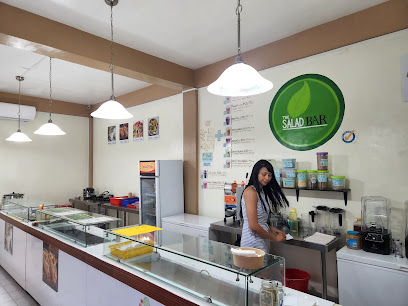
Executive Lounge
Experience a culinary delight in the heart of Koror at the Executive Lounge, where luxury meets tropical flavors.
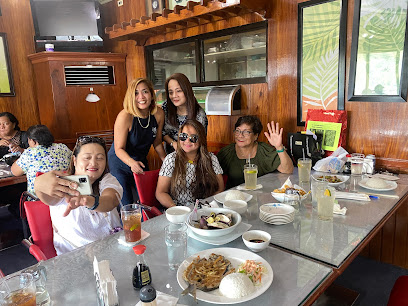
Bottom Time Bar and Grill
Experience the flavors of Palau at Bottom Time Bar and Grill, where local cuisine meets stunning views and a relaxing atmosphere.
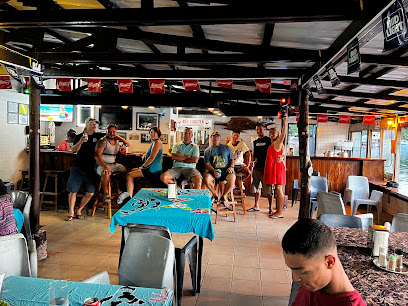
Jungle Bar
Experience the vibrant flavors and tropical ambiance at the Jungle Bar in Koror, Palau, where every meal is a celebration of local culture.
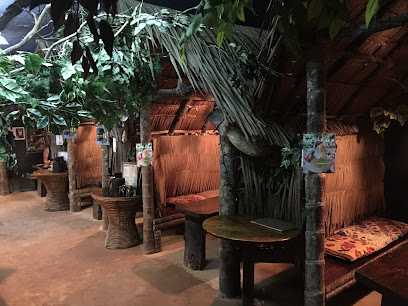
Weltz Bar at the Palasia Hotel
Unwind in style at Weltz Bar, Palasia Hotel, featuring exquisite drinks and stunning views in the heart of Koror, Palau.
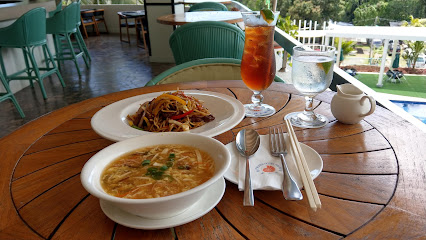
The Republic Restaurant & Bar
Experience the vibrant flavors of Palau at The Republic Restaurant & Bar, where culinary delights meet a lively atmosphere.

Beach Barbeque @ Palau Pacific Resort
Experience the ultimate beachfront dining at Beach Barbeque @ Palau Pacific Resort, where delicious grilled dishes meet stunning ocean views.
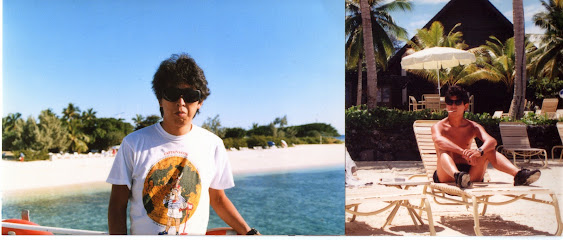
Local Phrases
-
- HelloAlii
[ah-lee] - GoodbyeNgelekel a diak
[ngel-ekel ah dee-ak] - YesOmesongel
[oh-meh-song-el] - NoDiak
[dee-ak] - Please/You're welcomeKmal mesaul
[kem-mal meh-sow-ool] - Thank youSulang
[soo-lang] - Excuse me/SorryChedeng a rengul
[che-deng ah reng-ool] - How are you?Kau mekeald
[kow meh-kel-d] - Fine. And you?Mengur
[meng-ur] - Do you speak English?Ungil a dengchokl
[ung-gil ah deng-cho-kul] - I don't understandA kmo ngak melim
[ah kmo ngak meh-leem]
- HelloAlii
-
- I'd like to see the menu, pleaseA kmo ngak a dui el melim
[ah kmo ngak ah doo-ee el meh-leem] - I don't eat meatA diak el sebechel
[ah dee-ak el seb-ech-el] - Cheers!Kolii
[koh-lee] - I would like to pay, pleaseA kmo ngak a delengchokl
[ah kmo ngak ah del-eng-cho-kul]
- I'd like to see the menu, pleaseA kmo ngak a dui el melim
-
- Help!Kmal meral
[kem-mal mer-al] - Go away!Kmal mesuub
[kem-mal meh-soob] - Call the Police!Ungil a ngalek a bulis
[ung-gil ah ngal-ek ah boo-lis] - Call a doctor!Ungil a ngalek a meduch
[ung-gil ah ngal-ek ah meh-doosh] - I'm lostA klungoi
[ah kloong-oy] - I'm illA rengal
[ah reng-al]
- Help!Kmal meral
-
- I'd like to buy...A kmo ngak a chad
[ah kmo ngak ah chad] - I'm just lookingA kired el kmo ngak
[ah kee-red el kmo ngak] - How much is it?Kmal meral di chis
[kem-mal mer-al dee chis] - That's too expensiveNg diak a chis
[ng dee-ak ah chis] - Can you lower the price?Ungil a cheral a chis
[ung-gil ah cher-al ah chis]
- I'd like to buy...A kmo ngak a chad
-
- What time is it?Kmengilt a renguk
[kmen-gil-t ah reng-ook] - It's one o'clockA renguk el kmo ngal mekas
[ah reng-ook el kmo ngal me-kas] - Half past (10)A renguk el kmo ngal mechas
[ah reng-ook el kmo ngal me-chas] - MorningA rur
[ah roor] - AfternoonA ngalek a taut
[ah ngal-ek ah tout] - EveningA ngalek a chad
[ah ngal-ek ah chad] - YesterdayA ngalek a chad
[ah ngal-ek ah chad] - TodayA ngalek a taut
[ah ngal-ek ah tout] - TomorrowA ngalek a renguk
[ah ngal-ek ah reng-ook] - 1Melekoi
[meh-lee-koy] - 2Dua
[doo-ah] - 3Telu
[teh-loo] - 4Epat
[eh-pat] - 5Lima
[lee-mah] - 6Onom
[oh-nom] - 7Hitu
[hee-too] - 8Valu
[vah-loo] - 9Siva
[see-vah] - 10Sapul
[sah-pool]
- What time is it?Kmengilt a renguk
-
- Where's a/the...?Amot a...
[ah-mot ah] - What's the address?Amot a rael
[ah-mot ah rah-el] - Can you show me (on the map)?Ungil a chisoii a el di map
[ung-gil ah chee-soy ah el dee map] - When's the next (bus)?Amot a renguk a bedengedei
[ah-mot ah reng-ook ah be-deng-ed-ay] - A ticket (to ....)A bedengedei a...
[ah be-deng-ed-ay ah]
- Where's a/the...?Amot a...
History of Ngardmau
-
Ngardmau, located on the island of Babeldaob in Palau, possesses a rich history that dates back thousands of years. Archaeological evidence suggests that the area was first settled by Austronesian-speaking people who migrated from Southeast Asia around 3,000 years ago. These early settlers established villages and developed sophisticated systems of agriculture and fishing, which laid the foundation for the growth of Ngardmau's communities.
-
In the centuries that followed, Ngardmau became an important center of political and social organization in Palau. The region was governed by traditional chiefs, known as 'Rubak,' who wielded significant influence and authority over their respective clans. These chiefs played a pivotal role in maintaining order, administering justice, and overseeing communal activities such as fishing, farming, and ceremonial events.
-
Ngardmau, like the rest of Palau, experienced various colonial encounters that shaped its history. The Spanish were the first Europeans to arrive in the 16th century, followed by the Germans in the late 19th century. German colonial rule brought about significant changes, including the introduction of new agricultural practices and infrastructure projects. In the early 20th century, Japan took control of Palau, and Ngardmau became part of the Japanese-administered South Seas Mandate, leading to further economic and cultural transformations.
-
The impact of World War II on Ngardmau was profound, as the island of Babeldaob became a strategic location for both Japanese and Allied forces. The war brought destruction and displacement to the local population. After the war, Palau came under the administration of the United States as part of the Trust Territory of the Pacific Islands. This period saw efforts to rebuild and modernize Ngardmau, with investments in education, healthcare, and infrastructure.
-
Ngardmau, along with the rest of Palau, achieved independence on October 1, 1994. As part of the newly sovereign Republic of Palau, Ngardmau has focused on preserving its cultural heritage while embracing sustainable development. The region is known for its natural beauty, including the Ngardmau Waterfall and lush rainforests, which attract tourists from around the world. Efforts to protect traditional practices, such as storytelling, dance, and local crafts, are also central to Ngardmau's cultural identity in the modern era.
Ngardmau Essentials
-
Ngardmau is located on the island of Babeldaob in Palau. The nearest international airport is Roman Tmetuchl International Airport (ROR) in Airai, approximately 30 kilometers away. From the airport, you can take a taxi or rent a car to reach Ngardmau. The journey typically takes around 45 minutes by road. Some hotels and resorts offer shuttle services, so it is advisable to check with your accommodation in advance.
-
Ngardmau is a relatively small area, and many of its attractions are accessible on foot or by bicycle. For longer distances, taxis are available and can be arranged through your hotel or a local service. Car rentals are also an option for those who prefer to explore at their own pace. There is no public bus service in Ngardmau, so private transportation is the most convenient way to get around.
-
The official currency in Palau is the United States Dollar (USD). Credit cards are accepted in most hotels, restaurants, and larger shops, but it is advisable to carry some cash for smaller establishments and local markets. ATMs are available in Koror, but may be limited in Ngardmau, so ensure you have enough cash before heading to more remote areas.
-
Ngardmau is generally a safe destination for tourists. However, it is always wise to take standard safety precautions. Avoid walking alone at night in unfamiliar areas and keep an eye on your belongings in crowded places. While crime rates are low, it is always best to stay vigilant and aware of your surroundings.
-
In case of emergency, dial 911 for immediate assistance. Ngardmau has local medical facilities, but for more serious medical issues, you may need to visit the hospital in Koror. It is highly recommended to have travel insurance that covers medical emergencies. For minor health issues, there are pharmacies where you can purchase over-the-counter medications.
-
Fashion: Do dress modestly, especially when visiting local villages or cultural sites. Avoid wearing revealing clothing. Religion: Do respect local customs and traditions. Always ask for permission before taking photos of people or religious ceremonies. Public Transport: There is no public transport in Ngardmau, so private taxis or car rentals are your best option. Greetings: Do greet people with a friendly smile and a handshake. A polite nod is also acceptable. Eating & Drinking: Do try local delicacies and accept food offerings graciously. Don't waste food, as it is considered disrespectful.
-
To experience Ngardmau like a local, visit the traditional bai (men's meeting house) and learn about Palauan culture and history. Engage with the locals, as they are often friendly and willing to share stories about their heritage. Don't miss the Ngardmau Waterfall, one of the most beautiful natural attractions in Palau. For a unique experience, take a guided tour of the old Japanese railway, which offers a glimpse into the island's history during World War II.
Trending Landmark in Ngardmau
Nearby Cities to Ngardmau
-
Things To Do in Ngaremlengui
-
Things To Do in Ngaraard
-
Things To Do in Melekeok
-
Things To Do in Ngerulmud
-
Things To Do in Ngatpang
-
Things To Do in Ngchesar
-
Things To Do in Airai
-
Things To Do in Koror
-
Things To Do in Koror Town
-
Things To Do in Yap
-
Things To Do in Siargao
-
Things To Do in Davao City
-
Things To Do in Cagayan de Oro
-
Things To Do in Camiguin
-
Things To Do in Bohol





